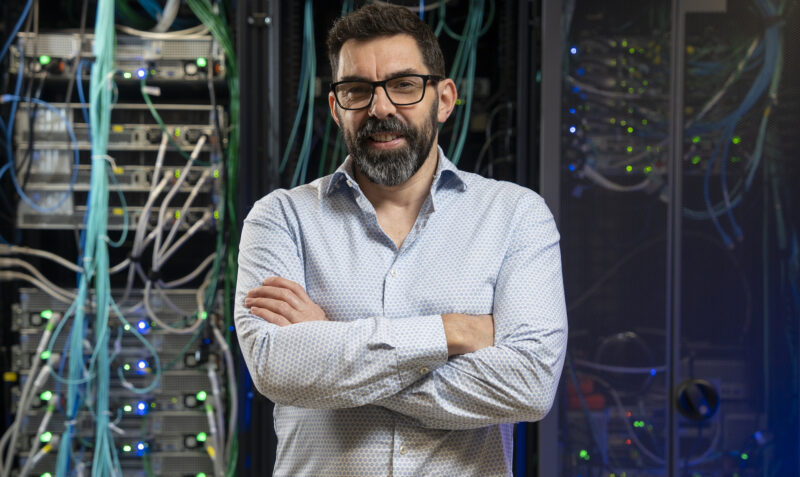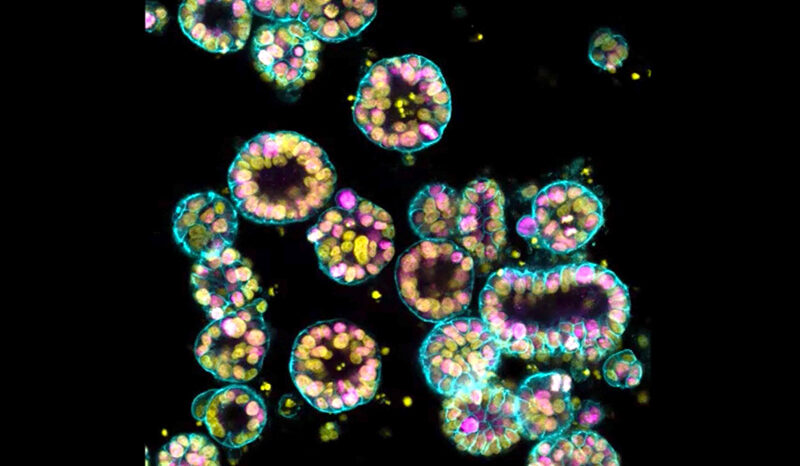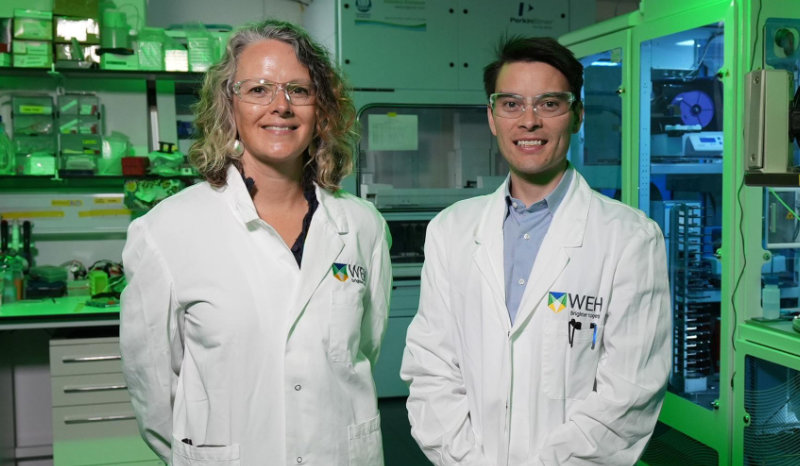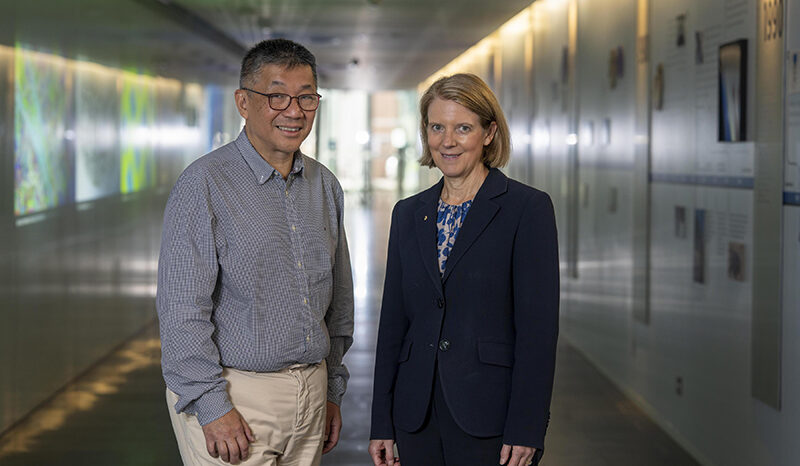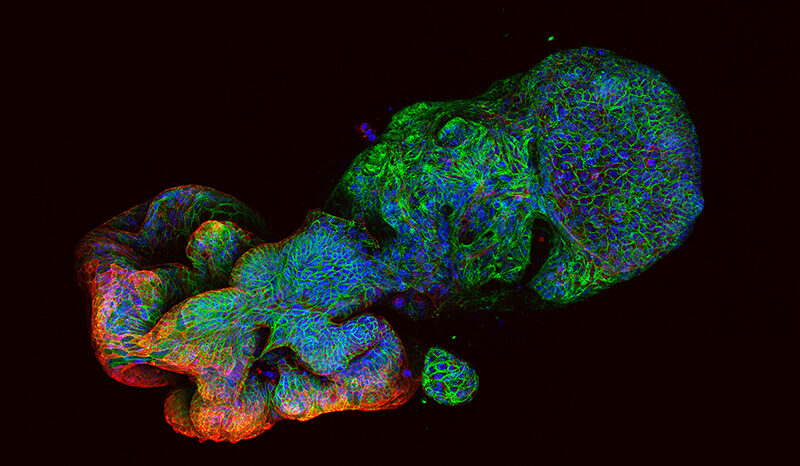Exponential increase in data
“WEHI has a long and impressive history in data science that has made us the envy of many other medical research institutes,” says Professor Tony Papenfuss, leader of the Computational Biology theme at WEHI and a laboratory head in the Bioinformatics division.
“But rapid advances in technologies and methodologies have led to an exponential increase in the volume and complexity of data being generated.
“More and more we’re seeing laboratory and clinical research using a many-layered ‘multiomics’ approach to understanding disease and improving our ability to predict whether a patient will respond to treatment – and that has big implications for big data.”
The field of multiomics integrates layers of data from multiple levels of biological function within a cell, providing incredibly detailed and precise understandings of cellular processes. Its impact has been likened to the difference in viewing experience between VHS videotape and full immersion virtual reality.
“Using multiomics calls for a vast increase in our capacity to handle, integrate and make optimal use of data,” says Professor Papenfuss.




